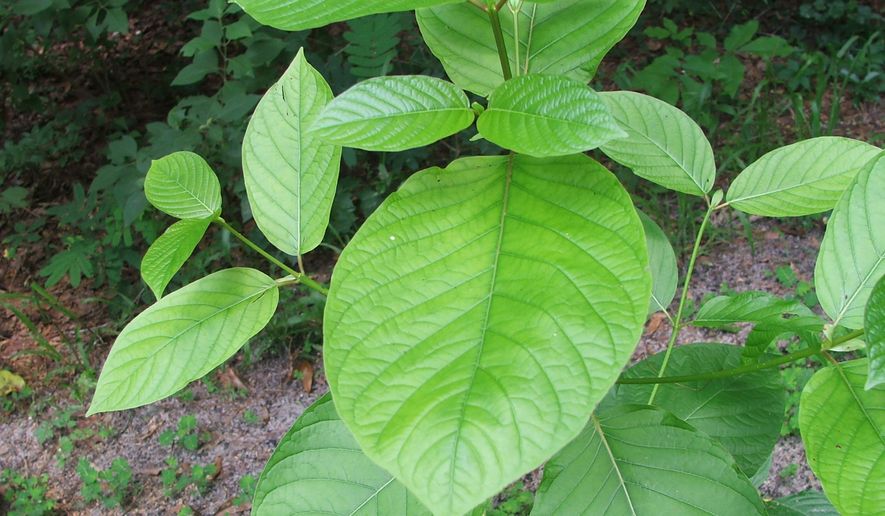http://www.washingtontimes.com/news/2016/oct/12/dea-delays-kratom-ban-waits-word-fda/
The U.S. Drug Enforcement Administration will hold off on a previously-announced ban of the herbal drug kratom while soliciting additional input from the public and the Food and Drug Administration.
A DEA announcement in August that it planned to add the psychoactive compounds in kratom to the list of schedule I drugs banned under the Controlled Substances Act drew outrage from individuals who believe the herbal supplement, which is derived from trees indigenous to Southeast Asia, can help individuals struggling with opioid addiction.
“Since publishing that notice, DEA has received numerous comments from members of the public challenging the scheduling action and requesting that the agency consider those comments and accompanying information before taking further action,” states a notice issued Wednesday by the DEA that it will withdraw its proposal to ban the substance.
But the decision to hold off on imposing the ban doesn’t mean the DEA won’t eventually make the drug illegal.
“Basically, we are postponing the road we are headed down right now,” said DEA spokesman Melvin Patterson.
In addition to accepting public comments on kratom through Dec. 1, the DEA has also asked for a scientific and medical evaluation of the drug by the FDA. Mr. Patterson said the DEA initially asked for such an assessment in 2014, but never received the results and opted to go forward with the ban without the assessment as the amount of kratom being shipped into the United States began to rise.
“It had been a couple of years,” he said. “Other factors influenced our decision to move forward from a health risk standpoint.”
Though long used in Southeast Asia as an herbal remedy to treat a variety of maladies, kratom has begun to gain popularity in the United States in recent years.
From February 2014 to July 2016, the DEAreports that more than 55,000 kilograms of kratom material were encountered by law enforcement at various ports of entry within the United States and that law enforcement agencies have seized more kratom in the first half of 2016 than any previous year.
When taken in low doses, kratom can act like a stimulant but while consumed in higher doses, it acts like a sedative and produces opioid-like effects that dull pain.
Susan Ash, who founded the American Kratom Association in 2014 to advocate for users of the drug, said she was thankful for the DEA’s decision put off the ban for now.
“However we believe kratom should not be scheduled in any way, shape or form,” Ms. Ash said. “It’s been consumed safely for decades in the U.S. and worldwide for millennium, so there is no impetus to make it a controlled substance.”
The DEA has asked the FDA to conduct a new assessment of kratom that Mr. Patterson said will be evaluated alongside public comment received on the proposal.
In announcing its initial plan to ban kratom, the DEA cited the drug’s ability “to produce opioid-like effects” and its high potential for abuse given that there are no currently accepted medical uses.
Those opposed to the ban say that by making the herbal supplement illegal that the DEA would effectively shut off all methods to study the potential for medicinal qualities.
“The Schedule I designation also would effectively halt scientific investigation into kratom’s medicinal benefits, while making it impossible to enact sensible legal regulations, such as quality control measures, product labeling requirements, as well as marketing, branding and retail display restrictions, which are long proven to reduce substance misuse and youth access,” the Drug Policy Alliance said in a statement issued Wednesday.









View Comments Print